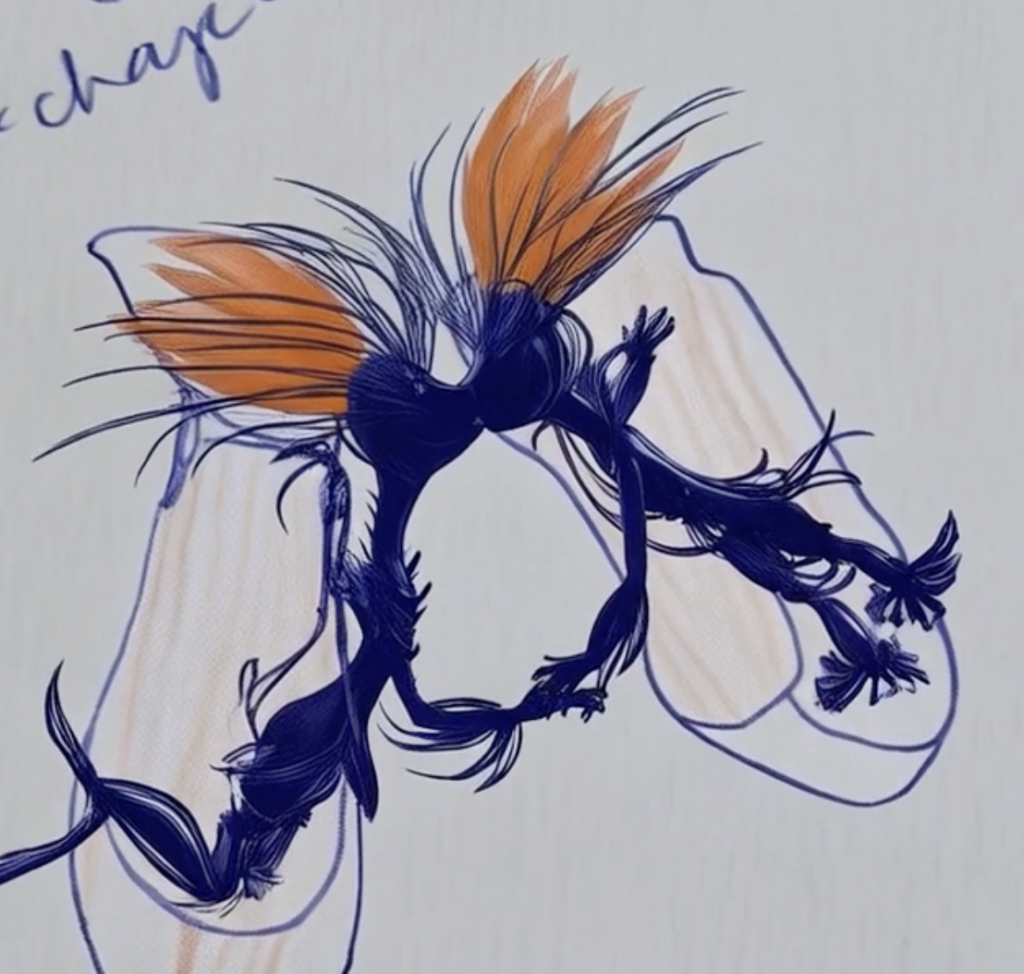+ JANUARY-JUNE 2026, UNIVERSITY OF GRENOBLE ALPES
I have been awarded a Senior Research Fellowship at the Maison de la Création et de l’Innovation (MaCI) – Université Grenoble Alpes (UGA), by the International Excellence in the Humanities Programme Scientific Committee for my research project entitled “Alterhumans, Deepfakery and Sex-Gender Politics”. I will be full-time resident at the MaCI in 2026 from 15 January 2026 to 15 June 2026.
I will finalize my book Deepfake Bodies: The Sexual Politics of AI (Bloomsbury Academic) while organizing workshops for students at MaCI’s ‘Somatic Room and Live Arts Lab.’ I will also preparie a video installation The Wet Ones involving a fictional scenario and my cross-dressing persona “Doctor Jacobs” who is synthesizing a full-body geminoid but whose process goes awry (in a good way).

+ DECEMBER 2026
I continue my affiliation with the Chinese University of Hong Kong (CUHK) and the Cultural Studies Division to carry out research about GenAI and deepfake technology. In collaboration with Prof. Tan Jia and Videotage I am preparing an exhibition and symposium entitled “Bodies Under Water.” It will presents a unique selection of filmmakers, artists, ecological activists and scholars who have different views on submerged bodies and oceanic environments. The submerged bodies include humans engaged in sports, leisure or work activities, bodies of the non-human such as marine animals, and renderings and stories of aquatic humanoids and sea-hybrids, such as mermaids and merfolk, as they have been presented in Chinese and East-Asian mythologies.

